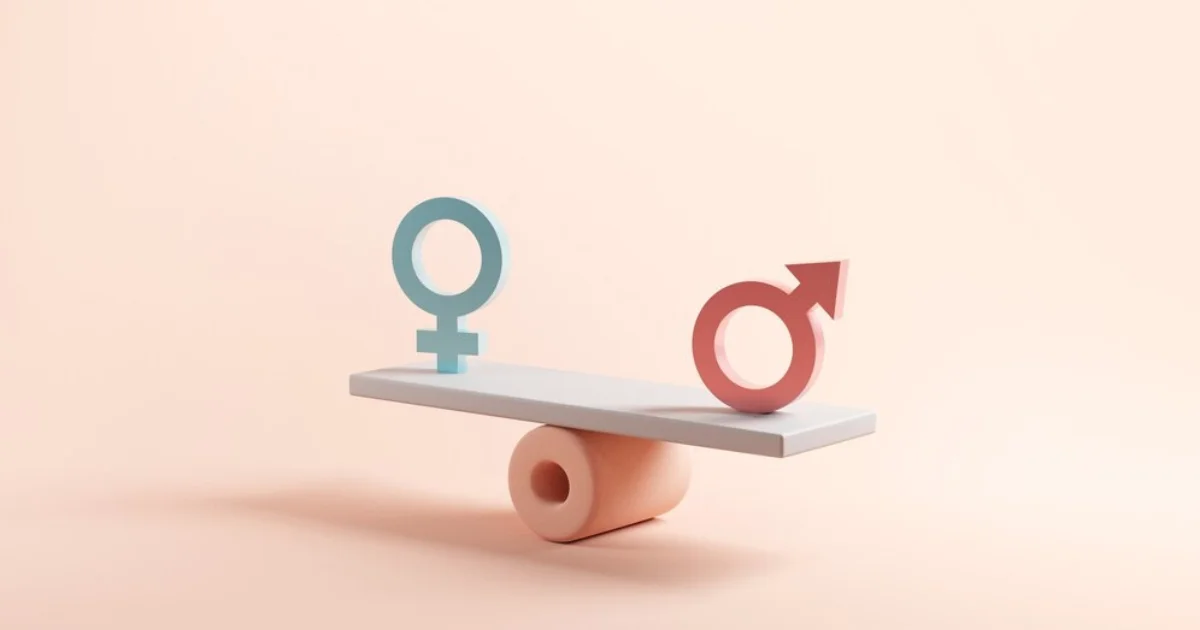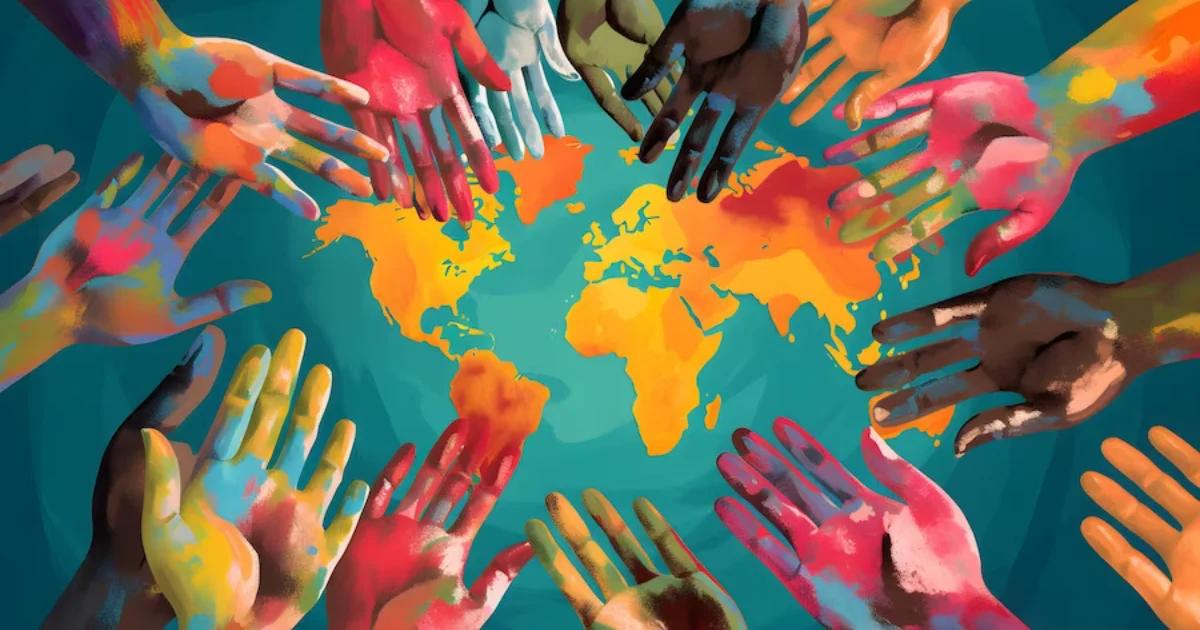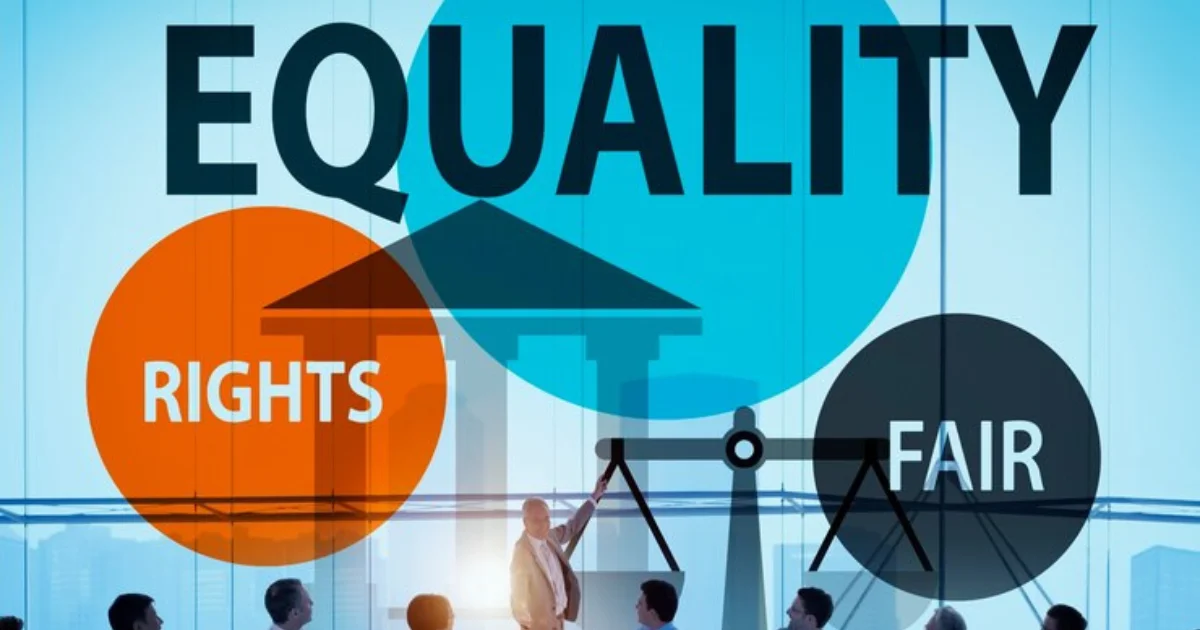Introduction
Gender Equality, a term often heard but not always fully understood, is the foundation for a just and equitable society. In a world where diversity is celebrated, addressing gender disparities is crucial for progress and harmony. This article delves into the multifaceted aspects of gender equality, exploring its historical roots, contemporary challenges, and the various initiatives in place to foster a more inclusive world.
Historical Perspective of Gender Equality
The evolution of gender roles in society has been a complex journey. From traditional norms dictating strict roles for men and women to the groundbreaking movements for equality, history has witnessed significant shifts. Movements like women’s suffrage and feminist waves have paved the way for the acknowledgment of women’s rights as human rights.
Current Status of Gender Equality
Gender equality, a goal that has been pursued for decades, still faces numerous challenges despite notable progress. The current status of gender equality is a complex tapestry of advancements and persistent disparities, particularly evident in key areas such as the workplace, education, and political representation.
Workplace Statistics
In the professional realm, gender disparities persist, with women often facing barriers in career advancement and compensation. While there have been improvements in recent years, the gender pay gap remains a glaring issue. Women, on average, earn less than their male counterparts for equivalent work. Addressing this wage gap is not only a matter of economic justice but also essential for achieving true gender equality.
Furthermore, women continue to be underrepresented in leadership positions across various industries. Breaking the glass ceiling remains a significant challenge, with gender stereotypes and biases influencing hiring and promotion decisions. Organisations that actively work towards fostering gender diversity at all levels are more likely to benefit from a broad range of perspectives and ideas.
Educational Disparities
Education, often seen as a pathway to equality, still faces challenges in providing equitable opportunities for all genders. While there has been progress in closing the gender gap in access to education globally, certain disparities persist. In some regions, girls may face barriers such as cultural norms or lack of infrastructure, limiting their access to quality education.
Additionally, there are persistent stereotypes that influence the choice of educational paths for boys and girls. Encouraging girls to pursue STEM (Science, Technology, Engineering, and Mathematics) fields and boys to explore non-traditional subjects is crucial for breaking down gender-based educational stereotypes. Efforts to create inclusive and bias-free curricula are essential to nurturing future generations with a mindset of equality.
Political Representation
Political representation remains another critical aspect of gender equality. While strides have been made towards achieving a more balanced representation, women are still underrepresented in many political spheres. This lack of representation not only hinders the development of policies that address gender-specific issues but also sends a message that certain voices are not adequately valued in decision-making processes.
Efforts to increase the number of women in political office should be accompanied by measures that address the systemic barriers preventing women from entering politics. This includes challenging stereotypes about leadership, providing mentorship opportunities, and creating supportive environments for women in politics.
Challenges Faced
Stereotypes and societal expectations continue to pose challenges. The gender pay gap remains a pervasive issue, and instances of gender-based violence highlight the urgency of addressing deep-rooted societal norms. Overcoming these hurdles requires a collective effort.
Impact on Society
The impact of gender equality extends beyond individual lives. Economically, societies benefit from utilising the talents of their entire population. Socially and culturally, embracing diversity fosters innovation and understanding. Gender equality isn’t just a women’s issue; it’s a societal issue.
Global Initiatives
International efforts, such as the United Nations’ Sustainable Development Goals, aim to create a more inclusive world. Understanding and supporting these initiatives is crucial for fostering collaboration on a global scale.
Corporate Responsibility
Businesses play a pivotal role in shaping societal norms. Embracing diversity within corporate structures and promoting equal opportunities is not just a moral imperative but also a sound business strategy. The article explores successful practices that some companies have adopted.
Educational Reforms
Education serves as a catalyst for change. Implementing reforms that promote gender equality in schools is crucial. From addressing biased curricula to encouraging girls to pursue STEM fields, education plays a pivotal role in shaping attitudes.
Empowering Women
Highlighting success stories of empowered women serves as inspiration and showcases the potential for change. Women’s empowerment programs, whether in entrepreneurship or leadership, contribute to a more balanced and inclusive society.
Legal Framework for Gender Equality

In the pursuit of gender equality, a robust legal framework is essential to ensure that the principles of fairness and equal opportunities are enshrined in law. Various legislations globally aim to address gender disparities and create an environment where individuals of all genders are treated equitably.
Key Legislations Promoting Gender Equality
1. Equal Pay Acts: Many countries have implemented or strengthened Equal Pay Acts, which prohibit wage discrimination based on gender. These acts ensure that individuals performing the same job responsibilities receive equal pay, irrespective of their gender.
2. Anti-Discrimination Laws: Numerous jurisdictions have comprehensive anti-discrimination laws that explicitly prohibit discrimination based on gender in various aspects of life, including employment, education, and public services. These laws serve as a foundation for promoting gender equality by addressing discriminatory practices.
3. Title IX (United States): Title IX of the Education Amendments of 1972 in the United States prohibits gender-based discrimination in educational institutions that receive federal funding. It has played a crucial role in promoting gender equity in educational opportunities.
4. Maternity and Paternity Leave Laws: Legislation providing maternity and paternity leave ensures that individuals, regardless of gender, have the right to take time off for family-related responsibilities. This helps challenge traditional gender roles and promotes a more balanced approach to caregiving.
5. Quota Systems: Some countries have implemented quota systems to increase the representation of women in political and corporate leadership positions. While debated, these measures aim to address historical imbalances and accelerate progress toward gender equality.
Challenges in Implementing Legal Measures

Despite the existence of these legal frameworks, challenges persist in implementing and enforcing gender equality laws effectively. Some common challenges include:
1. Lack of Enforcement: In some cases, laws promoting gender equality may lack effective enforcement mechanisms. This can result in non-compliance by individuals or organisations without facing significant consequences.
2. Cultural Resistance: Cultural norms and biases can pose challenges to the implementation of gender equality laws. Resistance to change and deep-seated stereotypes may hinder the full realisation of legal provisions.
3. Inadequate Awareness: Many individuals may not be fully aware of their rights under existing gender equality laws. Education and awareness campaigns are crucial to ensuring that people understand and can assert their rights.
4. Intersectionality: Laws sometimes fall short in addressing the intersectionality of gender with other factors such as race, ethnicity, or socio-economic status. A comprehensive legal approach should consider the diverse challenges faced by individuals at these intersections.
5. Policy Implementation Gaps: Effective implementation of gender equality policies requires coordination between government bodies, businesses, and civil society. Gaps in policy implementation can impede progress toward gender equality.
Addressing these challenges requires a multi-faceted approach involving government agencies, advocacy groups, and the public. Ongoing efforts to strengthen legal frameworks, increase awareness, and foster cultural shifts are essential for creating a society where gender equality is not just a legal requirement but a lived reality.
In conclusion, while legal frameworks provide a foundation for gender equality, their effectiveness relies on concerted efforts to address implementation challenges and foster a cultural shift towards greater equity and inclusivity.
Media’s Influence
Media shapes perceptions and influences societal norms. Examining how gender is portrayed in the media and holding the industry accountable for promoting positive narratives is crucial for fostering change.
Breaking Stereotypes
Encouraging non-traditional career choices for both men and women challenges stereotypes. Shifting societal perceptions about what is considered ‘appropriate’ for each gender is essential for fostering a more inclusive society.
Future Outlook
The article explores emerging trends in gender equality and identifies areas that require sustained attention. From leveraging technology to cultural shifts, understanding the future landscape is crucial for informed action.
Role of Men in Gender Equality
Breaking down toxic masculinity and encouraging men to be allies in the fight for equality is explored in this section. Acknowledging the importance of a collective effort, irrespective of gender, is emphasised.
Conclusion
In conclusion, achieving gender equality is a continuous journey. This article has touched upon the historical context, current challenges, and future outlook. It encourages readers to actively participate in fostering a world where everyone, regardless of gender, can thrive.
Frequently Asked Questions
1. Why is gender equality important for society?
Gender equality is essential for fostering a just and inclusive society where everyone has equal opportunities, contributing to social and economic progress.
2. What role do businesses play in promoting gender equality?
Businesses can contribute by ensuring equal opportunities, fair pay, and inclusive policies, creating a workplace that values diversity.
3. How can individuals contribute to gender equality?
Individuals can contribute by challenging stereotypes, supporting initiatives that promote equality, and being conscious of their own biases.
4. Are there successful examples of gender equality initiatives?
Yes, many companies and countries have successfully implemented initiatives that promote gender equality, showcasing positive outcomes.
5. What can the younger generation do to promote gender equality?
The younger generation can actively challenge stereotypes, support inclusive education, and use their voices to advocate for equality.






